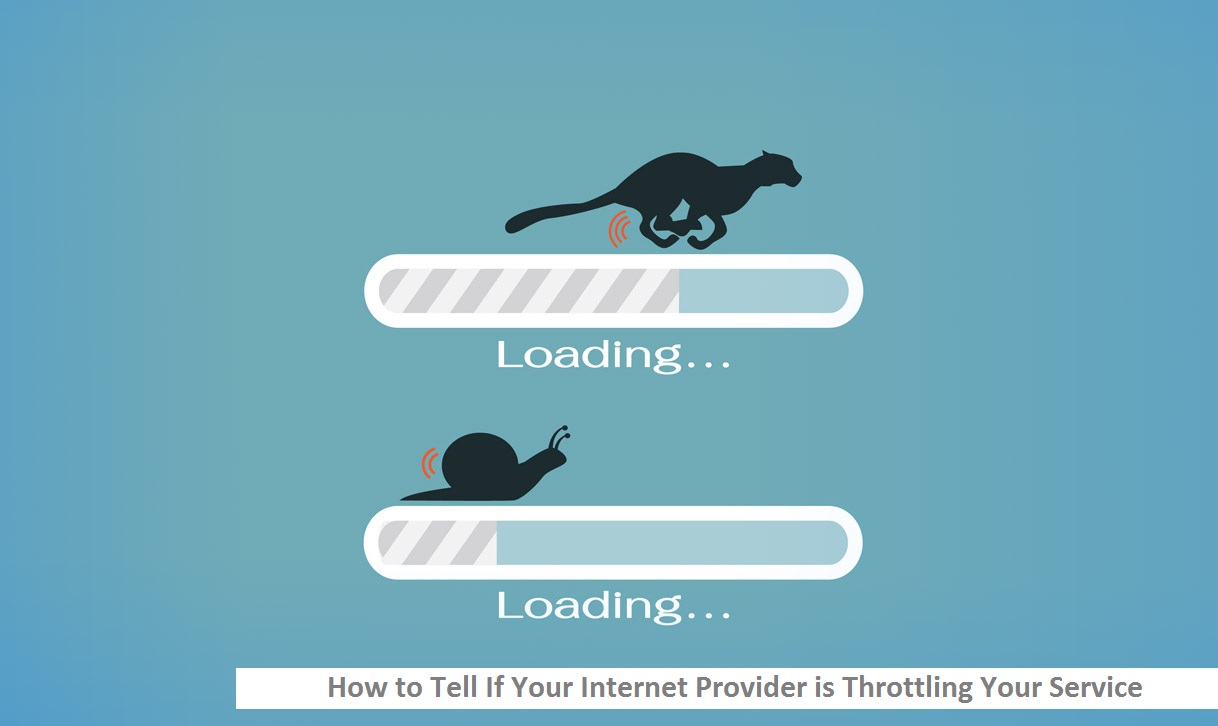If you happen to notice that your internet speed is slower than normal, then it could be because your internet provider is throttling your service. You may notice that your internet getting slow while streaming your TV shows and movies on your favorite streaming services,
video conference, playing online games or during online classes, you experience buffering or lag during these activities. There is a way that you could fix this issue by using a VPN with your system at home.
Finding the Issue
When it comes to slower internet speeds, there are a few things that you could look at before turning to your provider. Something could be wrong with your router, such as it being outdated or not connecting as it should.
Your router might not be within a proper distance of your computer, TV, or other devices that you’re using with the internet.
Try restarting your router and modem to see if this solves the problem. You could also upgrade your system to a mesh network that helps extend the signal from your router to other areas of your home.
If updating or restarting your equipment doesn’t work, then you could begin looking into your internet company possibly throttling your service.
There was a decision by the Supreme Court in 2019 that declined an appeal that was made regarding net neutrality.
Internet service providers are legally able to slow your internet speeds, usually without you know that they’re doing it until you notice that you’re unable to watch a video or send messages as quickly as you once did.
It means that providers could start limiting your speeds if they see that you’re streaming more services than they think that you should or slow your speeds so that you don’t access websites that they might not want you to view, especially if it leads you to view information from a competitor.
Solutions
If our internet provider is throttling your service, then a virtual private network could be a solution to consider. Your provider needs to see your actual IP address in order to slow down your service.
If they can’t see this information, then it’s a bit more difficult to throttle your speeds. A VPN can protect your address from your provider as well as others who are near you who might try to access your internet connection.
Troubleshooting
You should always try to troubleshoot the issue that you see before jumping to any conclusions about throttling.
Check all of your equipment, including the cords that are connected to your devices, to ensure that there’s nothing wrong with them or that they simply haven’t come loose.
Testing
If there are no obvious issues that you see, then you need to run a speed test.
This is when you can sometimes tell if the provider is throttling your service.
There are various programs and websites available that allow you to easily check your speed.
If you notice that it’s slower before the VPN is used, then that’s usually an indication that something is happening from another source that’s trying to slow your speeds.
Protection
When you begin looking for a VPN, you want to make sure it comes from a reliable company.
Consider the price of the product as well as the type of security that it offers and the server locations that are available.
Sometimes, you might not be able to do much to stop your provider from throttling your internet.
This is because there are some areas that have monopolies that prevent you from finding a different company, which means that your provider is pretty much in control of your connection.



![[100% Solution] How to Solve Destiny 2 Error Code Baboon : Step by Step](https://ustechportal.com/wp-content/uploads/2021/05/check-mark-tick-symbols-300x257.jpg)


